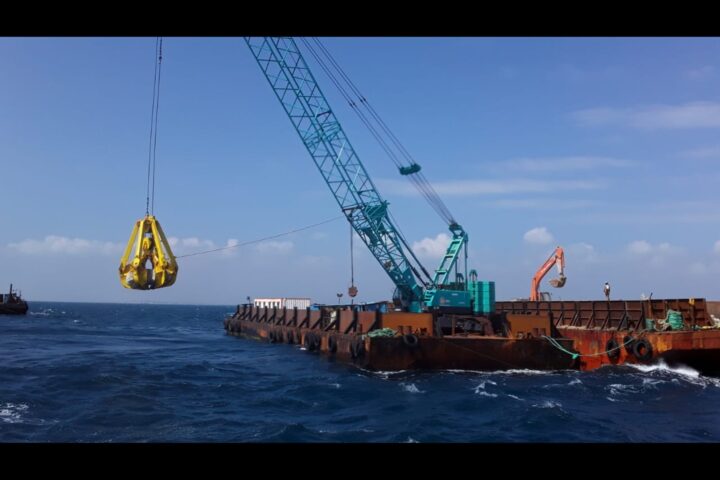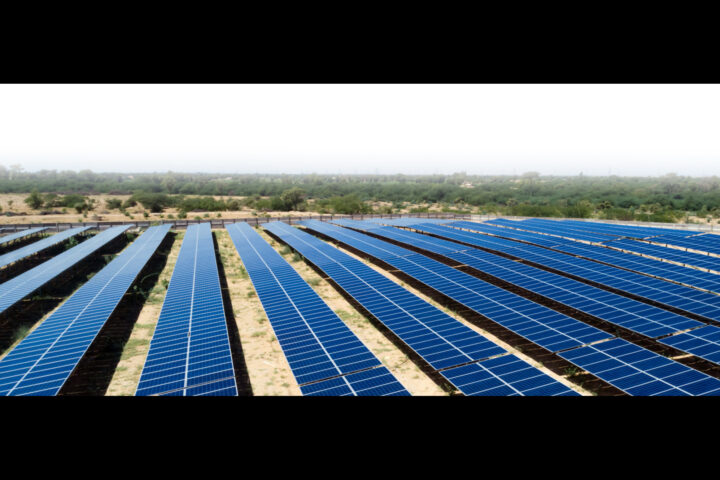'Closed' global capital market provides direct access to private capital fund managers
The Project Finance Exchange (PFX) which opened in April this year has rapidly grown to over $30bn aggregate capital available from private capital funds ready to provide project financing to construction and energy projects worldwide. Across the entire construction and energy industries, there is one common denominator, the financing. But there is also one financing structure that can be accessed by all construction and energy projects, which is 'project finance'. The perception persists that project finance is still the exclusive domain of mega-dollar infrastructure and major construction projects, which was the case up until two decades ago. From that point on it has grown and evolved so that it can now fund deal values of $5m to $5bn across all construction and energy sectors, worldwide.
Critically, the core feature of all those mega-dollar deals remains, in that lending is predicated on the track record and financial stability of whoever is contracted to buy the output from the built project, the 'off-taker', and not on forecasts in a business plan. From a construction standpoint, it means whoever the Operations and Management Agreement (OMA) is with. For energy, the track record and financial stability requirements apply to whoever the project has its Power Purchase Agreement (PPA) with. For both construction and energy the Engineering, Procurement and Construction (EPC) contractor also needs to meet the same track record and financial stability criteria as the 'off-taker'.
This unique structure provides the risk-mitigated long-term returns that private investors seek, making private debt the preferred structure for project financings.
It also leaves the project principals be they simply a team, a private company or government department, free and clear of any financial liability whatsoever. Genuine project finance is completely 'non-recourse'.
Project financing is provided overwhelmingly by private capital lenders including hedge funds, private equity and debt funds, alternative investment funds, investment banks, family offices and many other sources. Eurekahedge claims there are almost 27,000 of these private capital funds, worldwide. PFX, using asset allocation data from the Cap-Gemini World Wealth Report 2020, calculates $20.35tn of private capital ready to be allocated into real estate and alternative investments, but publish a more conservative estimate of $2tn.
PFX Chairman David Rose said: "As the project finance market has evolved and grown over the past two decades the misguided perception that it is only for huge, mega-dollar projects has persisted, so it has fallen down the list of financing options for construction projects. But now, with thousands of private lenders, and thousands of capital raising projects at any one time it's become a genuine, global capital market which the construction and energy industries can access at any time. The exponential growth of the market led to it becoming fragmented and opaque, but PFX has now created a structured interface through which projects and funders can seamlessly connect and engage. It's important to emphasise that PFX is a 'closed' market and no identifying information on either projects or funds can be accessed by the public domain."
In closing, Rose said: "There are no borders with project finance. At PFX we have a UK fund pursuing a $200m social housing project in Brazil, a Dubai fund progressing a $200m coal-to-fuel plant in the USA and an Indian/US fund in discussion with a $575m urban transit project in S. Korea. We expect to announce our first deal closings by Q3 or Q4 this year. It's free for projects to list on PFX with all listings quality controlled by our Regional Managers. Funders register free with completion commission terms reflecting established market rates."






























Follow